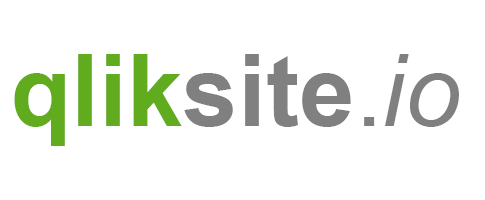Introduction
Part I: Introduction to Developing Visualization Extensions for Qlik Sense
-
#1: About this Tutorial
- Prerequisites
-
#2: Introduction to Qlik Sense Visualization Extensions
- Installing a visualization extension for Qlik Sense Desktop
- Installing a visualization extension on Qlik Sense Server
- Comparison between extensions in QlikView and Qlik Sense
-
#3: Let's Get Started: Hello World Example
- The anatomy of a Qlik Sense extension
- Skeleton of a script file
- Structure of the .qext file
- Creating the Hello World example
-
#4: Debugging and Web Developer Tools
- console.x()
- Debugging
- Object inspection
-
#5: Improving the Hello World Experience
- Make _Hello World_ dynamic
- Define a preview image
-
#6: Introduction to Using Properties
- Skeleton
- Re-using properties
- Basic custom property types
- How to reference properties
- Break out property definition to a separate file
-
#7: Custom Properties
- Introduction to custom properties
- Improving readability & maintainability of properties
- Basic custom property - a string input box
- Adding a custom section header
- Adding a custom section
- Display & persistence
- Referencing property values
- Troubleshooting
- Source code
-
#8: Hello Data
- Create your Hello-Data visualization extension
- Getting data into visualization extension
- Testing your extensions with data
- Changing the initial properties
- Rendering table data
- Some golden rules
- #9: Loading Resources WIP
- #10: Hello Data Improved WIP
- #11: Visualization Extensions using D3 WIP
- #12: Visualization Extensions using HighCharts WIP
Part II: Visualization Extensions & AngularJS
- #1: Two Approaches, the 'Classic' One & the Angular Way
- #2: The Angular Way: Basics
- #3: The Angular Way: Directives
Part III: Subjects
Part IV: Deployment Checklist
Appendix: FAQ
In this tutorial
Introduction
Part I: Introduction to Developing Visualization Extensions for Qlik Sense
Part II: Visualization Extensions & AngularJS
Part III: Subjects
Part IV: Deployment Checklist
Appendix: FAQ

